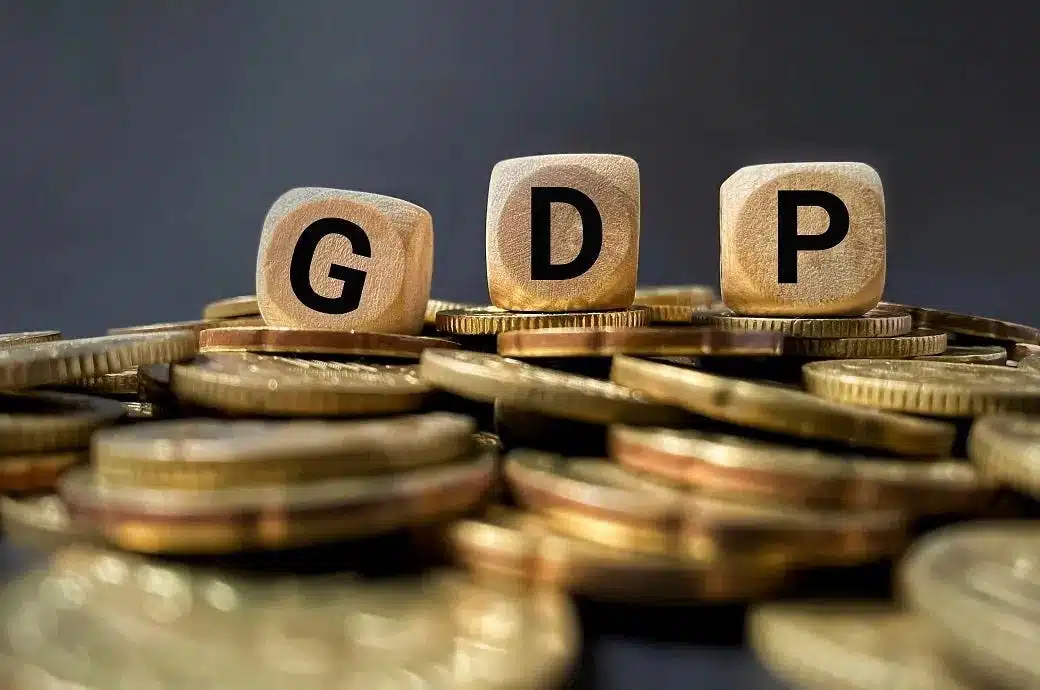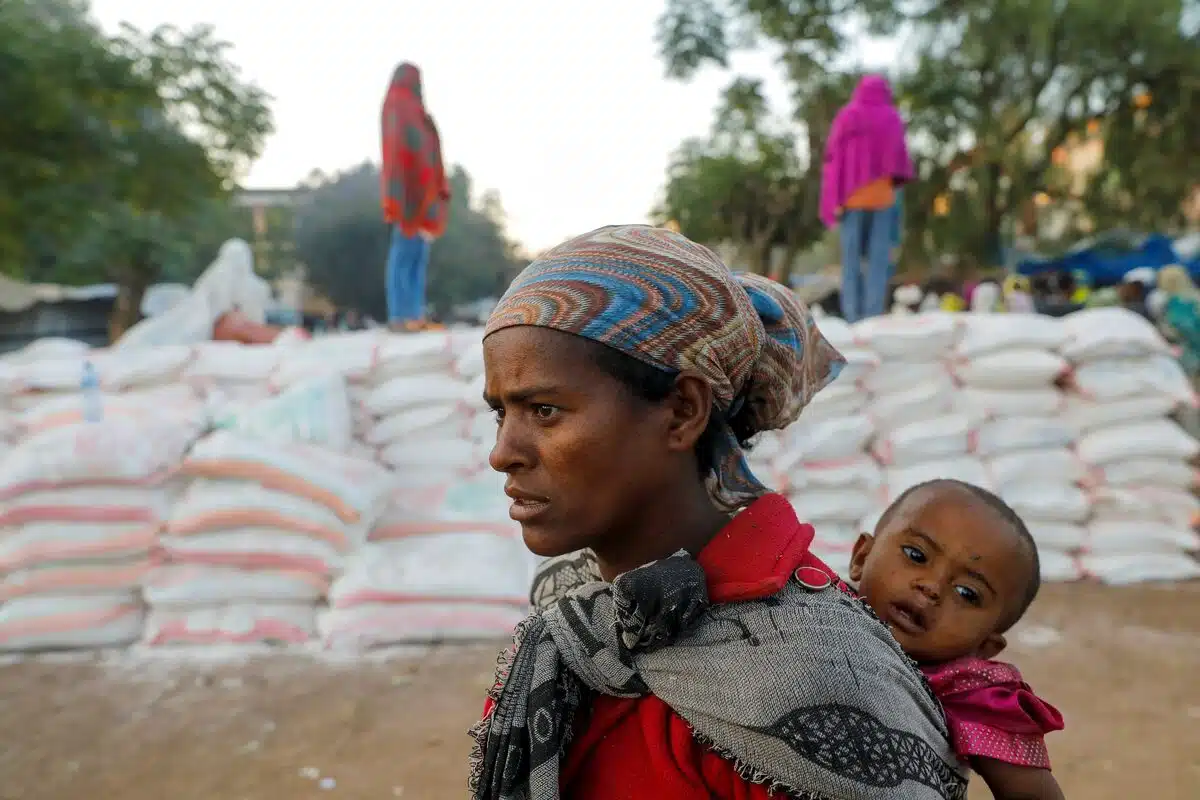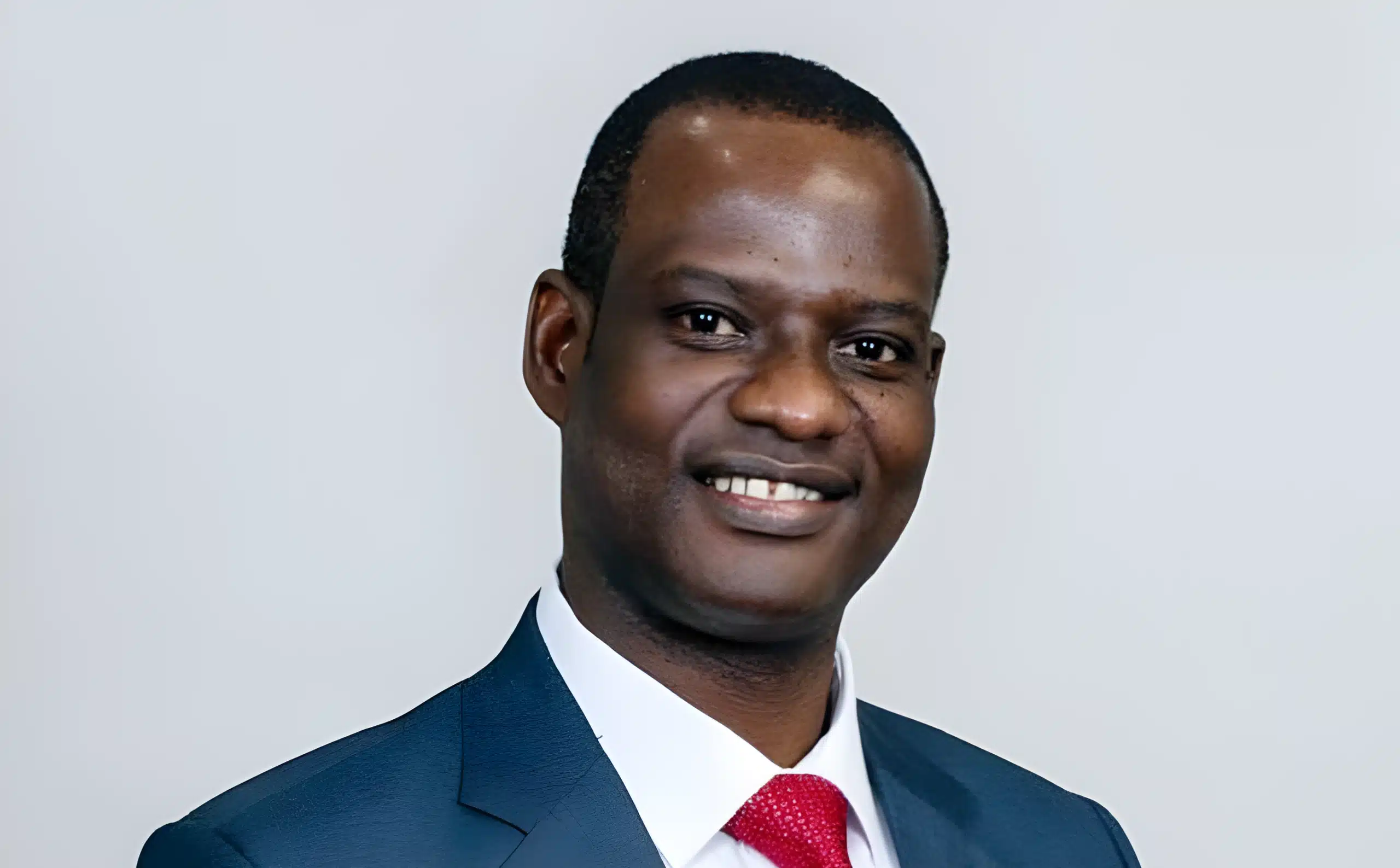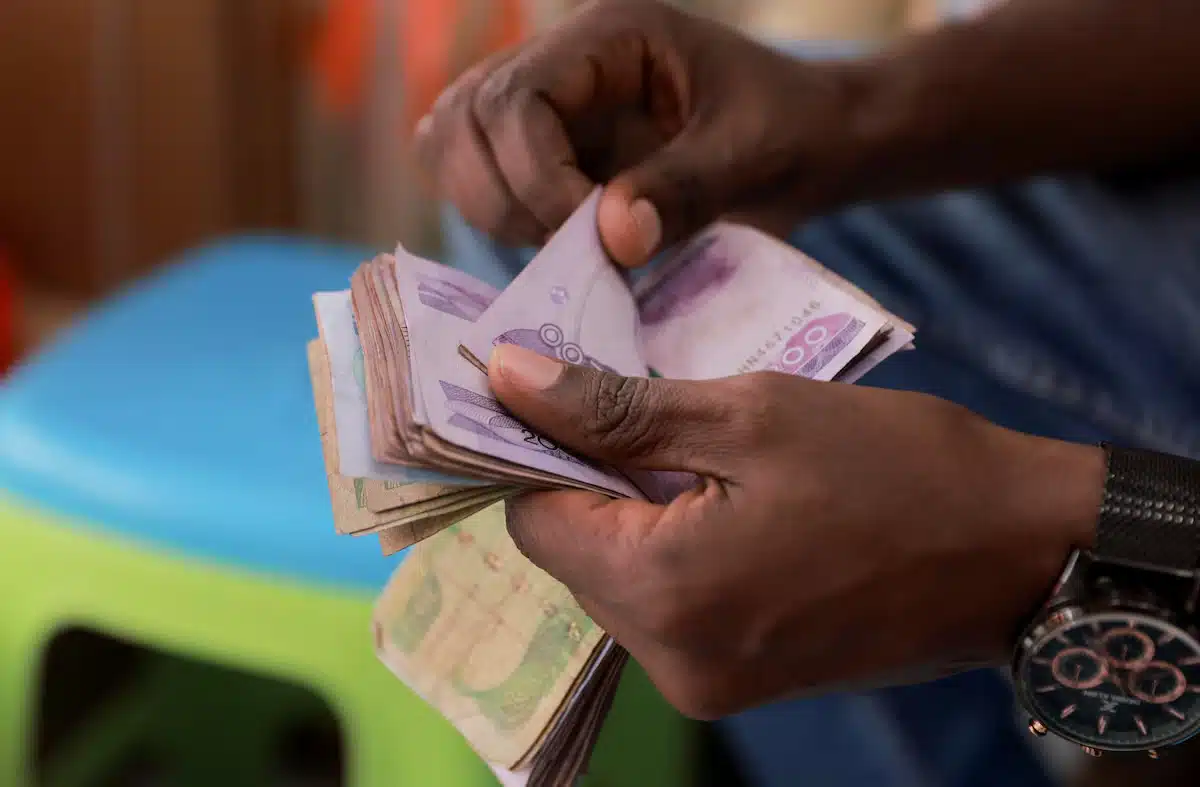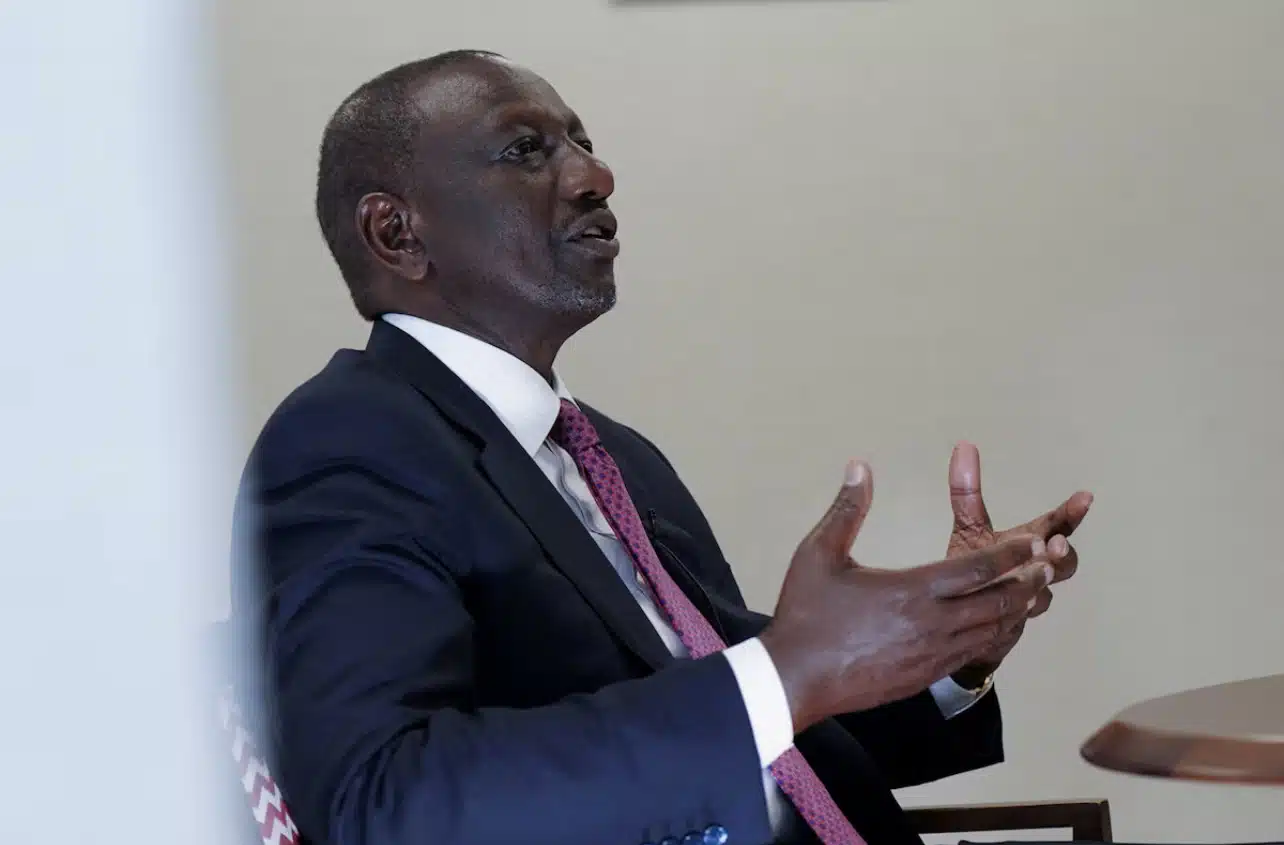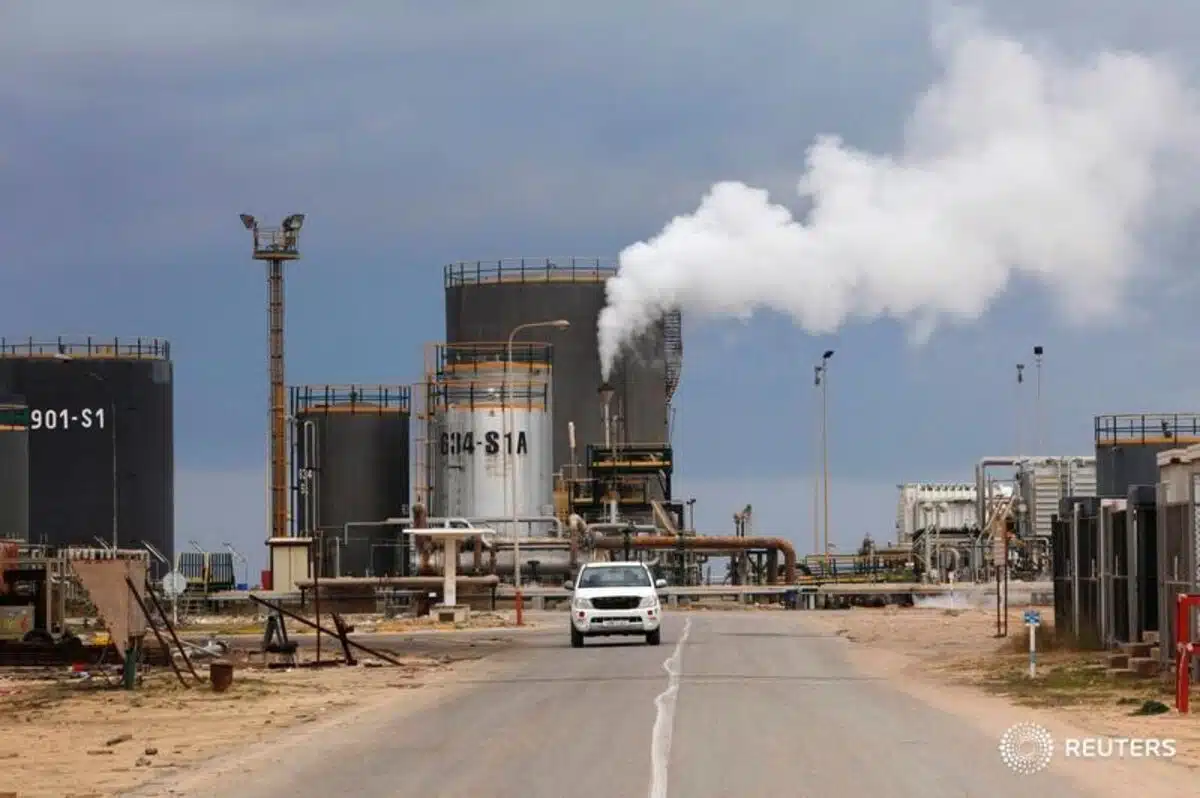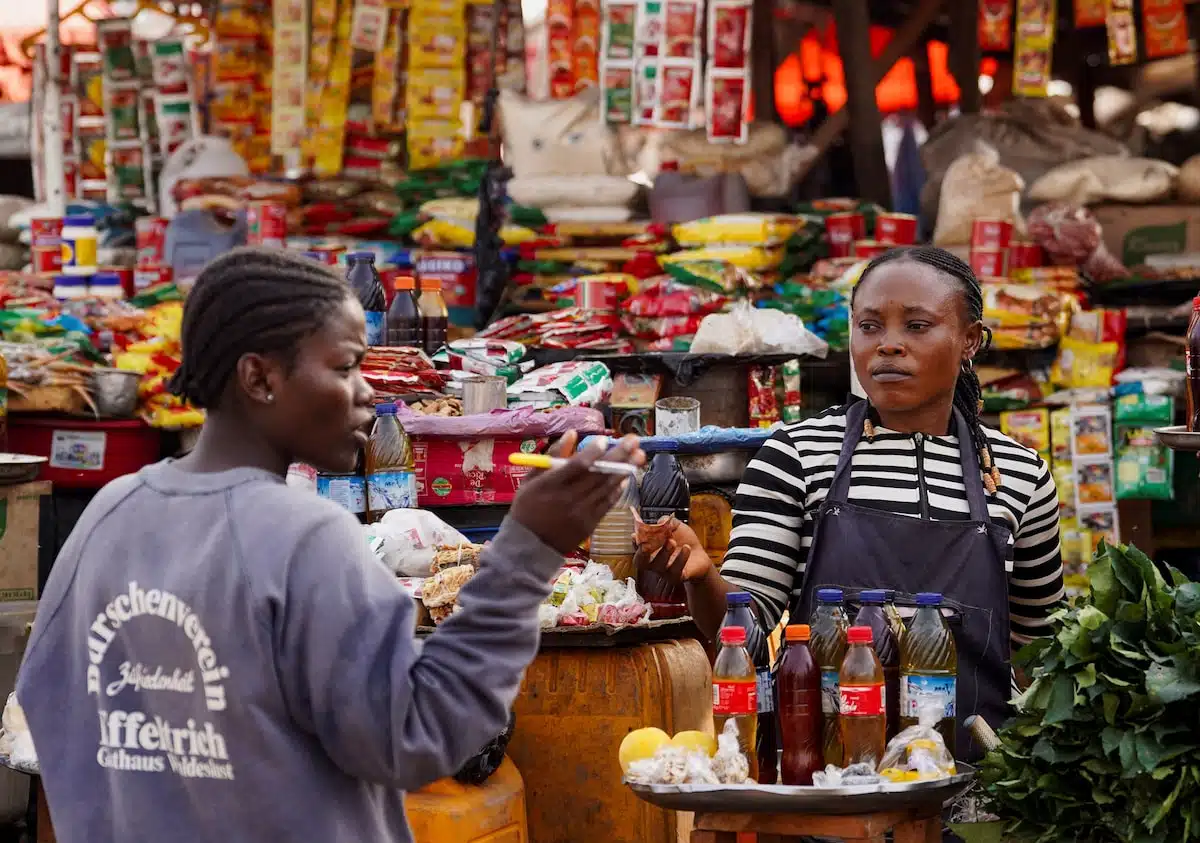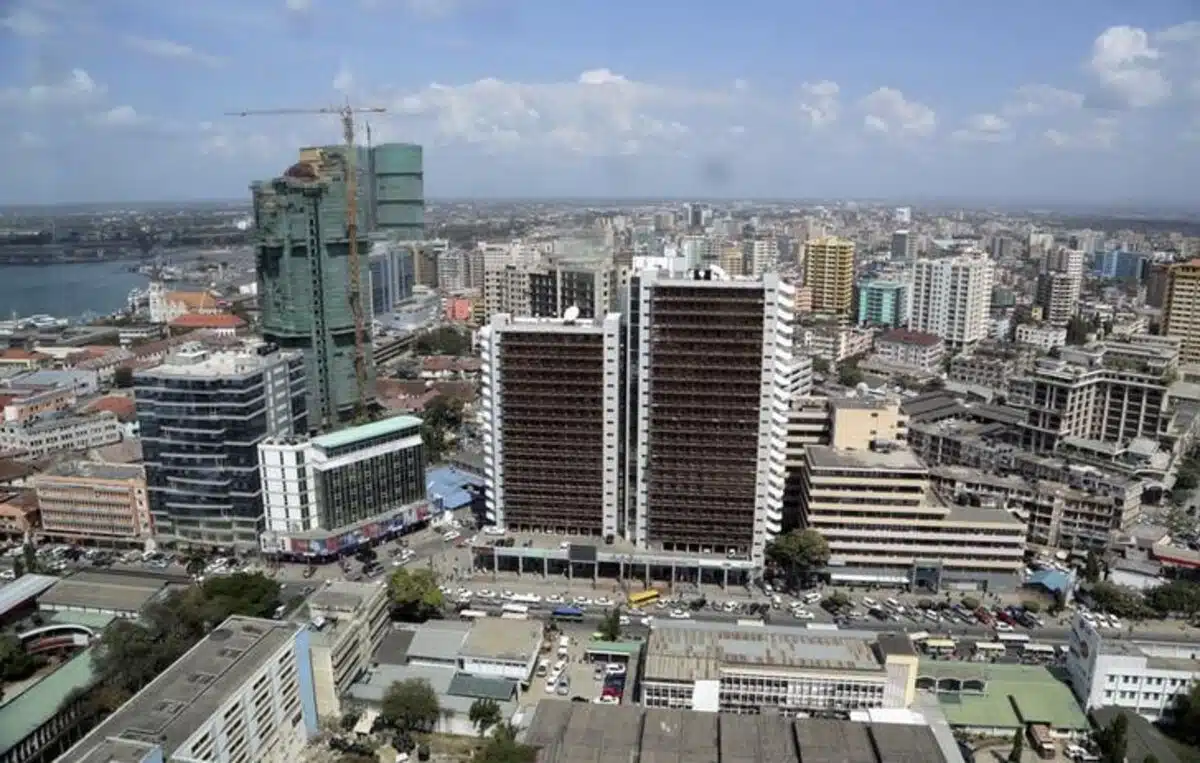Nigeria’s economy expanded by 3.4% in 2024, representing its fastest annual growth in nearly a decade, according to the World Bank’s latest Nigeria Development Update.
The acceleration, driven by strong fourth-quarter growth and an improved fiscal position, came despite stubbornly high inflation pressures.
According to the report, released on Monday, real gross domestic product rose 4.6 % year-on-year in the Q4 2024, fuelled by a rebound in oil and gas output and solid expansion in the services sector, particularly ICT and financial services.
Fiscal gains and stronger revenue
A key driver of the turnaround was a significant improvement in Nigeria’s consolidated fiscal balance.
The African nation’s fiscal deficit fell from 5.4% of GDP in 2023 to 3.0% in 2024, driven by a sharp rise in public revenues.
Federation-wide revenue jumped from $10.5 billion (7.2% of GDP) to $19.9 billion (11.5% of GDP), a development the Bank described as “remarkable.”
This improvement was largely credited to structural reforms, including the removal of the fuel subsidy, enhanced tax administration, and greater transparency in parastatal remittances. While the full impact of the fuel subsidy removal is yet to filter through, the fiscal adjustment is already yielding results, the bank noted.
During an event in the nation’s capital on Monday, the World Bank’s lead economist for Nigeria, Alex Sienaert affirmed that these reforms also helped stabilise the foreign exchange market, allowing the Central Bank of Nigeria (CBN) to rebuild official reserves above $37 billion.
“That’s significant because this is the cushion the economy has against external volatility,” Sienaert said.
Inflation remains a sticking point
The World Bank commended the CBN for maintaining a tight monetary policy stance in the face of entrenched inflation.
In its February 2025 meeting, the Monetary Policy Committee kept the benchmark rate unchanged, a move the Bank described as appropriate for reining in inflationary expectations.
However, inflationary pressures remain firmly in place.
Despite successive interest rate hikes throughout 2024, Nigeria recorded persistently high inflation.
After falling marginally to 23.18% in February, inflation rose again to 24.2% in March, underscoring the difficulty of anchoring price stability in a high-cost environment.
However, the World Bank projects inflation will average 22.1% in 2025, assuming tight policy conditions are sustained and monetary credibility is re-established.
Debt dynamics remain stable
Public debt climbed to around 53.2% of GDP in 2024, primarily due to foreign exchange revaluation effects.
However, the debt service-to-revenue ratio—a key indicator of fiscal sustainability—improved significantly, falling from 100 % in 2022 to below 40 % in 2024, owing to the revenue surge.
The World Bank expects further economic expansion to 3.6% in 2025, though it cautions that Nigeria would need to quintuple its current growth rate to achieve its $1 trillion GDP target.
For now, the picture is mixed: Nigeria is growing faster and borrowing less, but the full benefit of reforms depends on maintaining fiscal discipline and reining in inflation without stalling momentum.

